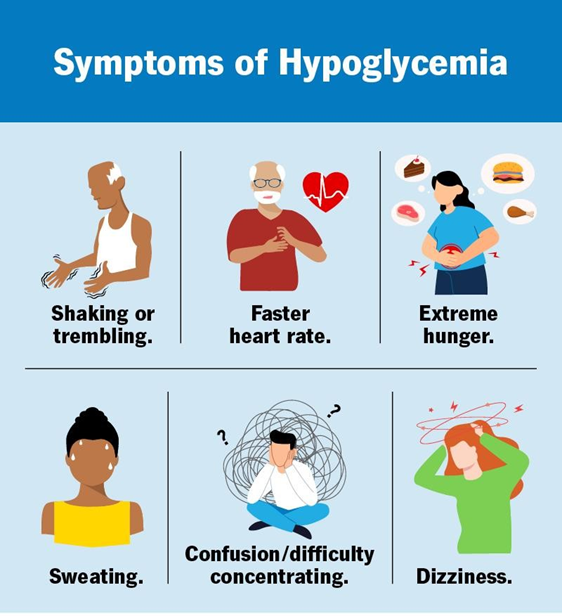A nurse is caring for an infant who has heart failure and vomited following administration of digoxin. Which of the following actions should the nurse take?
Mix the medication with 8 oz of formula.
Give an antiemetic.
Increase fluid intake.
Administer the next dose as prescribed.
The Correct Answer is D
A. Mixing digoxin with formula is not recommended, as it may affect the medication's absorption and effectiveness. It should be administered separately and as prescribed.
B. Giving an antiemetic may be considered if vomiting persists and is severe, but it is not the initial action. The nurse should first ensure the infant is stable and then administer the next dose of digoxin as prescribed.
C. Increasing fluid intake may help prevent dehydration if vomiting persists, but it does not address the administration of the next dose of digoxin.
D. Administering the next dose of digoxin as prescribed is appropriate, as long as the infant is stable and vomiting has ceased. The nurse should monitor for signs of toxicity and notify the healthcare provider if vomiting continues or if there are concerns about absorption.
Nursing Test Bank
Naxlex Comprehensive Predictor Exams
Related Questions
Correct Answer is C
Explanation
A. Low hemoglobin indicates anemia, which is a common side effect of leukemia and its treatment, so it does not necessarily indicate treatment effectiveness.
B. Platelet count within normal range is a positive sign, but it does not directly indicate the effectiveness of treatment for leukemia.
C. Normalization of the RBC count indicates bone marrow recovery, suggesting treatment effectiveness in acute lymphoblastic leukemia.
D. Elevated WBC count is expected in leukemia and may not necessarily indicate treatment effectiveness.
Correct Answer is B
Explanation
A. Increased capillary refill is not typically associated with hypoglycemia but may indicate poor peripheral circulation.
B. Shakiness is a common manifestation of hypoglycemia due to the release of epinephrine in response to low blood sugar levels.
C. Thirst is more commonly associated with hyperglycemia (high blood sugar levels) rather than hypoglycemia.
D. Decreased appetite may occur in hypoglycemia, but it is not as specific a symptom as shakiness.

Whether you are a student looking to ace your exams or a practicing nurse seeking to enhance your expertise , our nursing education contents will empower you with the confidence and competence to make a difference in the lives of patients and become a respected leader in the healthcare field.
Visit Naxlex, invest in your future and unlock endless possibilities with our unparalleled nursing education contents today
Report Wrong Answer on the Current Question
Do you disagree with the answer? If yes, what is your expected answer? Explain.
Kindly be descriptive with the issue you are facing.
